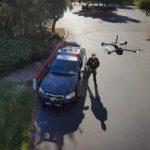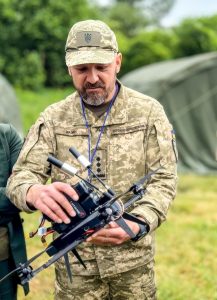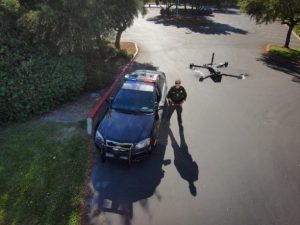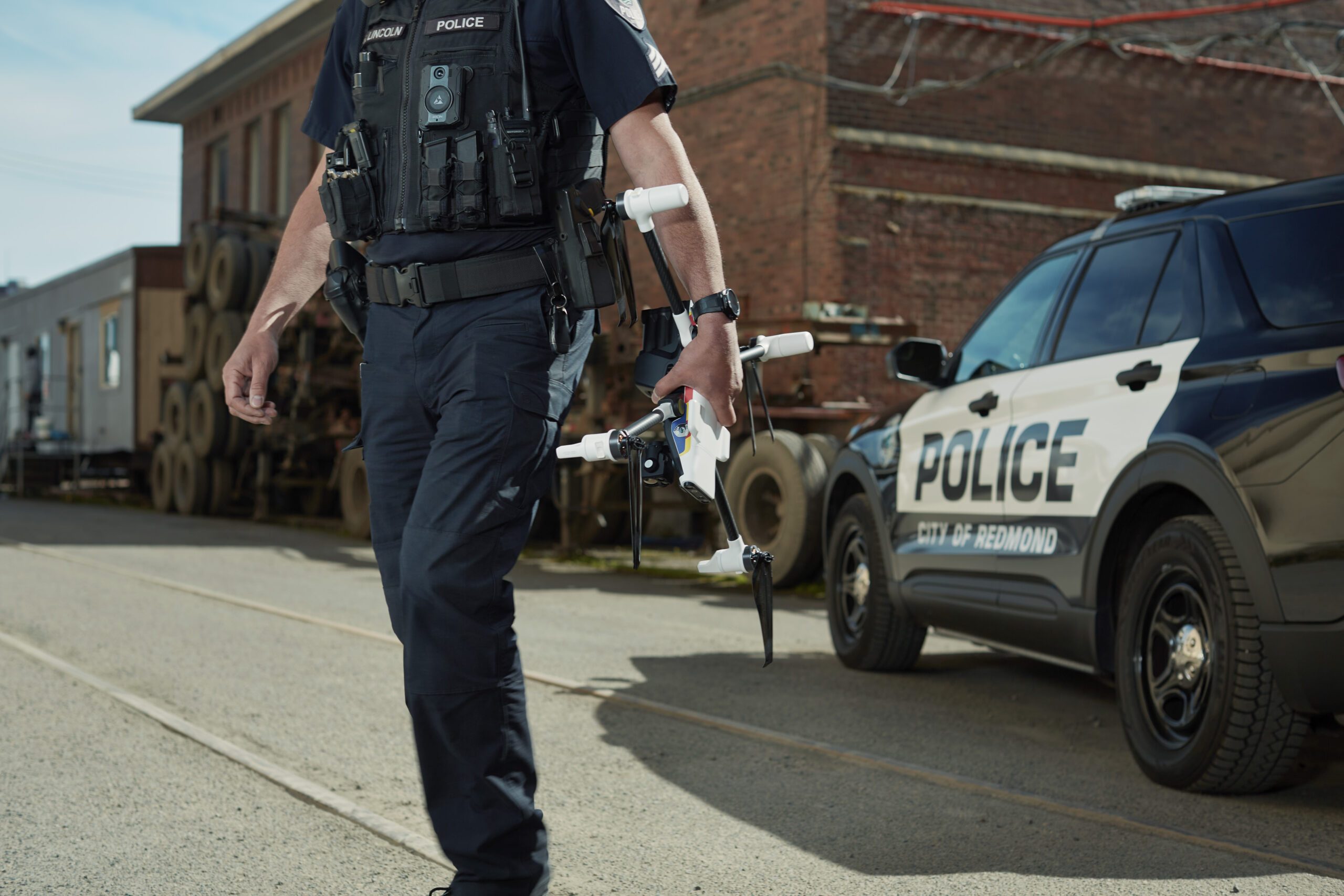Congress Launches Bipartisan Initiative to Boost Drone Funding for Law Enforcement
On February 14, 2025, Representatives Lou Correa (D-CA) and Troy Nehls (R-TX) introduced the bipartisan Directing Resources for Officers Navigating Emergencies (DRONE) Act of 2025. This legislative proposal aims to empower law enforcement agencies by permitting the use of federal grants for the acquisition and operation of drones, thereby advancing public safety and enhancing emergency response services.
Broadening Grant Accessibility for Drone Technology
The DRONE Act seeks to modify existing federal grant allocations. Currently, drone expenses are not covered under the Edward Byrne Memorial Justice Assistance Grant (Byrne-JAG) and Community Oriented Policing Services (COPS) grant programs. If passed, the bill will enable first responders to utilize federal resources for investing in drone technology.
Correa stressed the necessity of equipping law enforcement with contemporary tools. He stated, “Drones continue to play an ever-growing role in protecting our communities and responding to emergencies in a safer manner. By continuing to unlock their potential, we can save taxpayers millions and make our streets safer. It’s a win-win.”
Nehls, a former sheriff, echoed these sentiments by identifying the practical advantages that the legislation would provide, stating, “I’m proud to introduce this common-sense bill with Congressman Correa, which would allow law enforcement to purchase drones to make our communities safer.”
Improving Public Safety Through Drone Utilization
Drones have established themselves as invaluable tools for law enforcement agencies who use them for various operations such as bomb squad interventions, hazardous material incidents, vehicle accident assessments, crime scene documentation, and search and rescue efforts. Sheriff Barnes from the Orange County Sheriff’s Department highlighted their critical role, stating, “UAS programs can also provide essential data during life-saving missions like barricaded suspect situations, hostage crises, active shooter incidents, and execution of high-risk search warrants. The DRONE Act will endorse the use of federal funds to purchase UAS equipment and develop programs that elevate the safety of our communities.”
Public safety organizations have shown robust support for the initiative. The Major County Sheriffs of America applauded the bill, asserting, “Integrating unmanned aircraft systems into the Byrne and COPS grant programs will enable law enforcement to access the most advanced technology for effective community protection and emergency response.”
Extensive Industry and Law Enforcement Backing
The Fraternal Order of Police (FOP), the United States’ largest police organization, has voiced its endorsement of the legislation. FOP President Patrick Yoes pointed out the benefits, remarking, “Your legislation would allow law enforcement agencies to utilize Byrne-JAG funds for the purchase and operation of unmanned aircraft systems, while also making COPS grant funding applicable for similar purposes.”
Additionally, the Association for Uncrewed Vehicle Systems International (AUVSI) expressed its support, with President Michael Robbins stating, “Drones are essential for saving lives in emergency situations and significantly mitigate risks to first responders in communities throughout the nation.”
A Leap Towards Progressive Policing
This bill is part of a broader strategy to integrate drones into public safety measures more comprehensively. The Chula Vista Police Department was the first in the nation to respond to 911 calls using drones, showcasing their efficacy in situational awareness. As technology improves and supportive policies emerge, these programs are increasingly recognized for their potential to save lives—those of officers, suspects, and victims. The DRONE Act of 2025 aspires to promote the expansion of such initiatives across the country.
The initiative enjoys bipartisan support and endorsements from numerous law enforcement and public safety organizations, highlighting its potential to reshape policing methodologies and enhance community safety.
For more on this subject, check out the original article.













